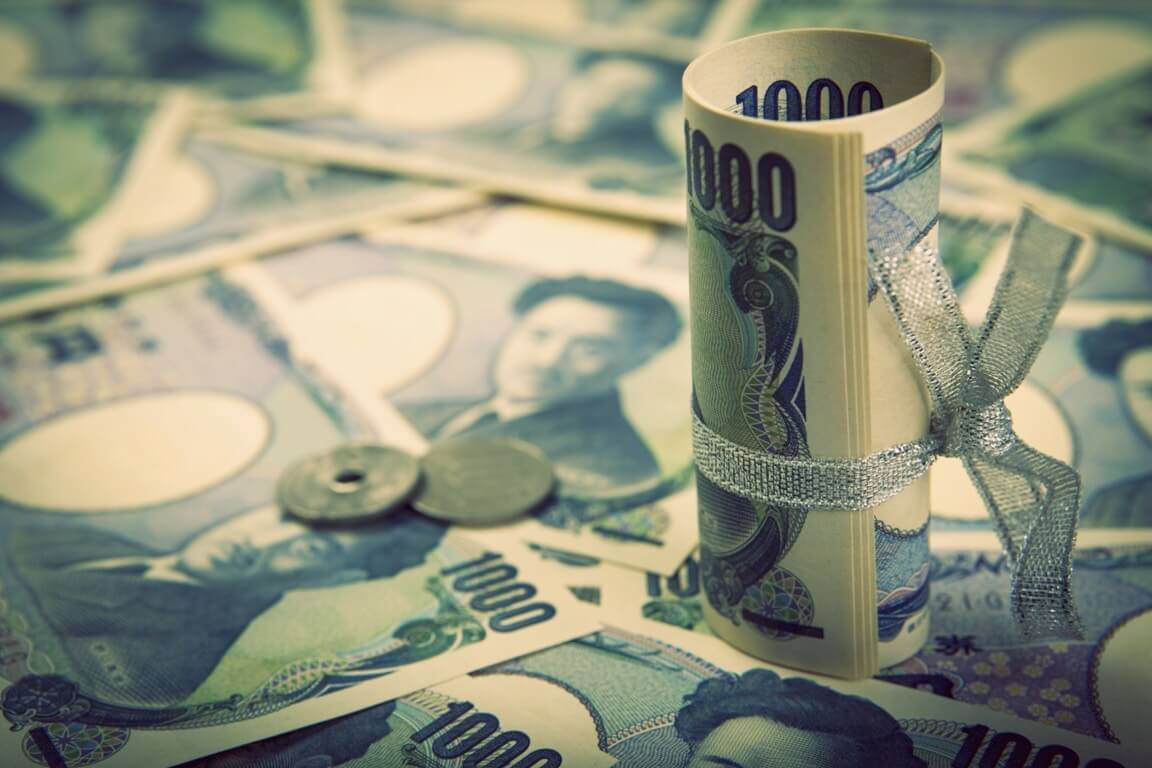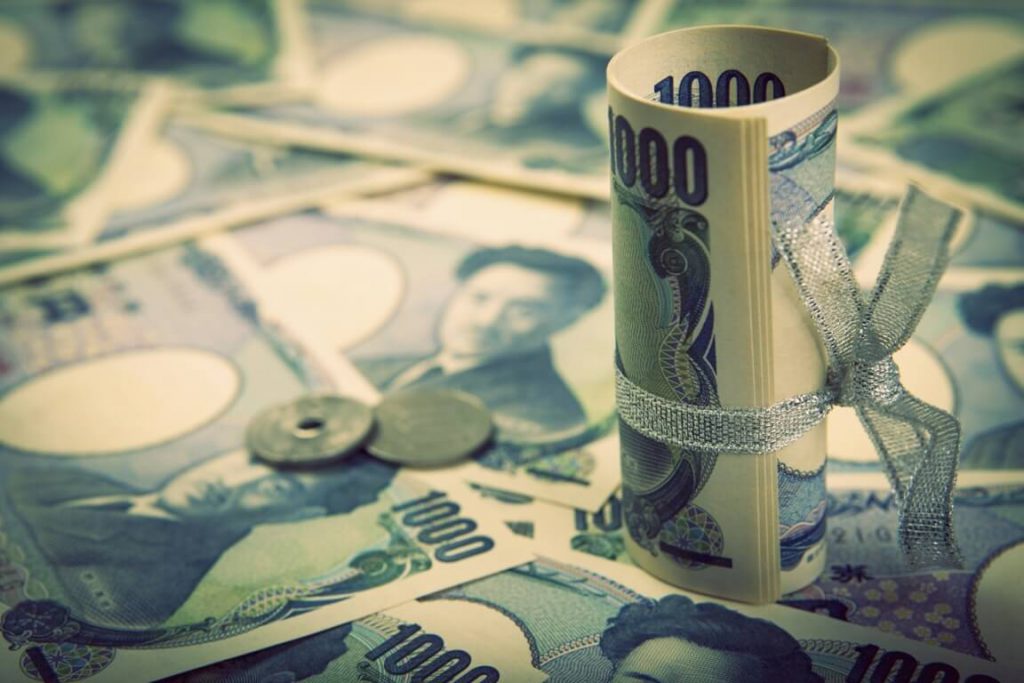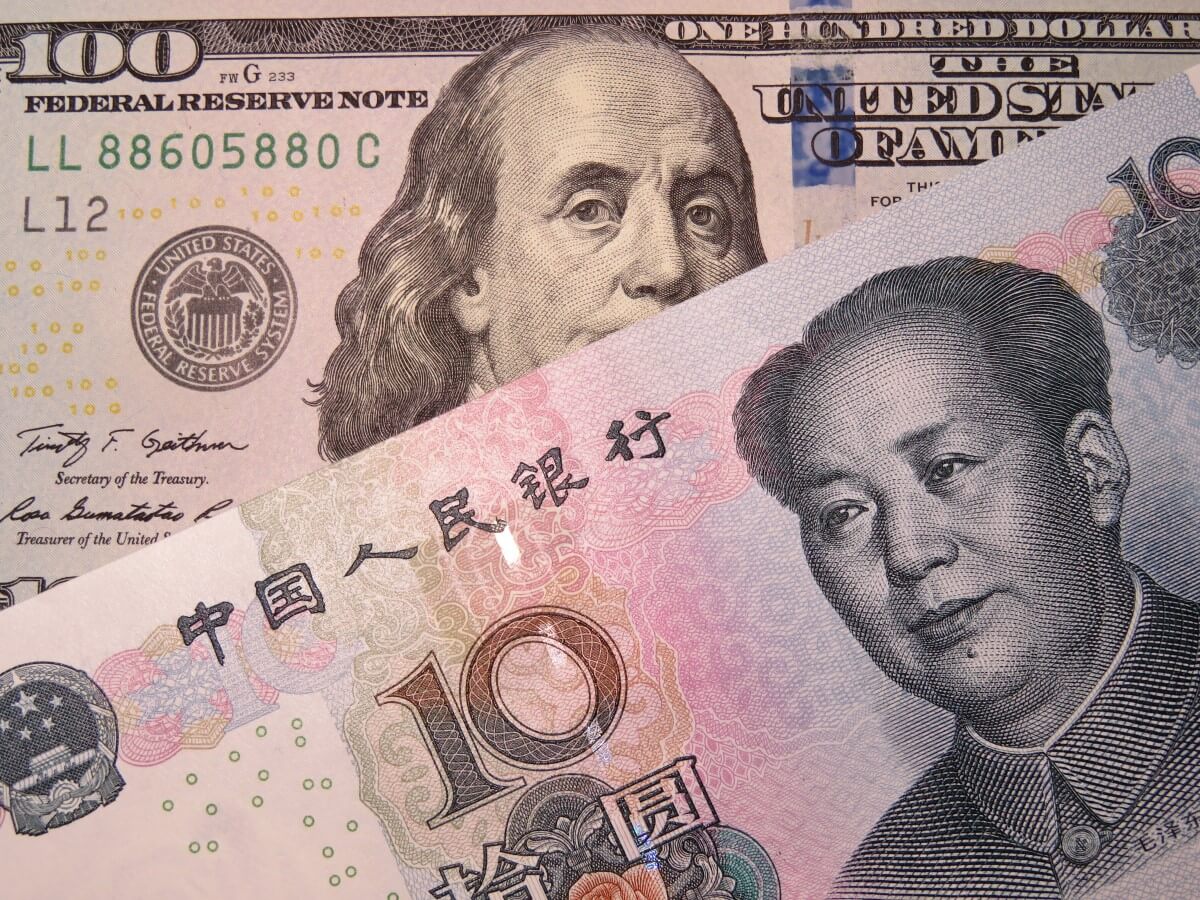
Yen Coin: Intervention Concerns Amidst One-Year Low
The world of currency trading is always a hotbed of activity, and recently, the Japanese yen has stolen the spotlight. The dollar’s strength, driven by rising Treasury yields and diminishing appetite for riskier currencies, has left the yen teetering at a one-year low of 150.78 per dollar. This situation has many traders on edge, pondering the possibility of intervention by Japanese authorities. We’ll delve into the factors affecting the yen, its potential for intervention, and the broader implications for international currency exchange, including the yen to dollars and yen to GBP conversions.
The Yen’s Downward Spiral
The Japanese yen has been slippery, with its value reaching a fresh one-year low. At 150.78 per dollar, it’s not far from the 32-year low of 151.94 it touched in October last year, prompting Japanese authorities to intervene in the currency market. While the yen briefly strengthened to 149.865 before rebounding to its current level at 150.50, experts believe this wasn’t the result of an intervention. Niels Christensen, Chief Analyst at Nordea, stated, “The move was less than one big figure. That tells me it wasn’t an intervention.” Christensen added, “If it had been intervention, we would have seen a bigger move.”
Government Caution and Global Interest Rates
Japanese Finance Minister Shunichi Suzuki has issued a stern warning against selling the yen again, underlining that authorities are closely monitoring market movements. While he didn’t explicitly mention the potential for intervention, it’s evident that the government is closely watching the situation.
One crucial factor impacting the yen’s value is the recent surge in global interest rates. This surge puts pressure on the Bank of Japan to change its bond yield control. The possibility of raising the existing yield cap, which was set three months ago, is being discussed. Japan’s low yields have made the yen an attractive target for short-sellers and funding trades. The widening interest rate gap between Japan and the United States has contributed to the persistent weakness of the yen.
Dollar-Yen Dynamics and Market Events
The yen has fallen over 20% since the US Federal Reserve began rapidly raising rates to combat inflation in March 2022, while the Bank of Japan remains an outlier among central banks, sticking to its ultra-loose monetary policy. The forthcoming US GDP data presents a significant event risk for the dollar-yen exchange rate. A strong report may pressure US yields higher, potentially leading to the yen testing fresh lows.
Benchmark US 10-year Treasury yields have been inching higher, resuming a move toward a 16-year peak above 5.0%. The European Central Bank’s policy decision is another crucial event on the horizon, which may influence the yen to dollars and yen to GBP conversions.
As the Japanese yen hovers at a one-year low, traders closely monitor the situation for potential intervention by Japanese authorities. Factors like rising global interest rates and market events, such as the US GDP data and the European Central Bank’s policy decision, are contributing to the yen’s volatility and its implications on international currency exchange, particularly the yen to dollars and yen to GBP conversions. For those looking to buy Japanese yen, it’s a situation that demands keen observation and strategic decision-making.



